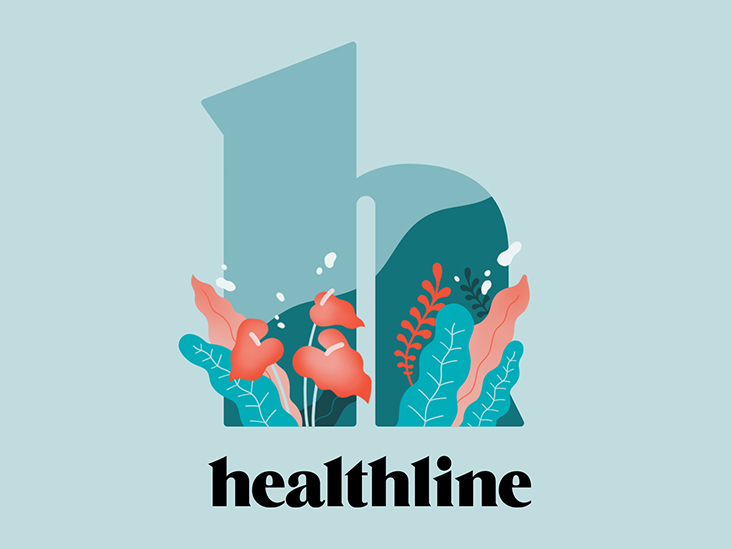Connect with us
Published
2 months agoon
By
admin
Hydroxyzine is a generic oral tablet prescribed for anxiety, sedation before surgery, and itchy skin relief from allergic conditions in adults and certain children. It is important to note that hydroxyzine can interact with alcohol, opioid pain relievers, and some antibiotics, raising the risk for dangerous side effects. It is contraindicated for individuals with long QT syndrome, those who have had allergic reactions to similar medications, and for pregnant or breastfeeding individuals due to potential risks to the fetus or nursing child.
The interaction risks are particularly notable with opioids, as combining them with hydroxyzine can cause severe central nervous system (CNS) depression. Patients using hydroxyzine with certain antibiotics may face increased risks of abnormal heart rhythms. Monitoring by a healthcare provider is essential if these substances are prescribed together.
Those over 65 years, or with specific heart, kidney, or liver issues, should consult their doctor for tailored dosing. It’s crucial for patients to discuss any medications, supplements, or lifestyle factors, like alcohol or cannabis use, with their healthcare provider to prevent interactions. Engaging in open dialogue about their health history helps determine hydroxyzine’s appropriateness for individual patients.













